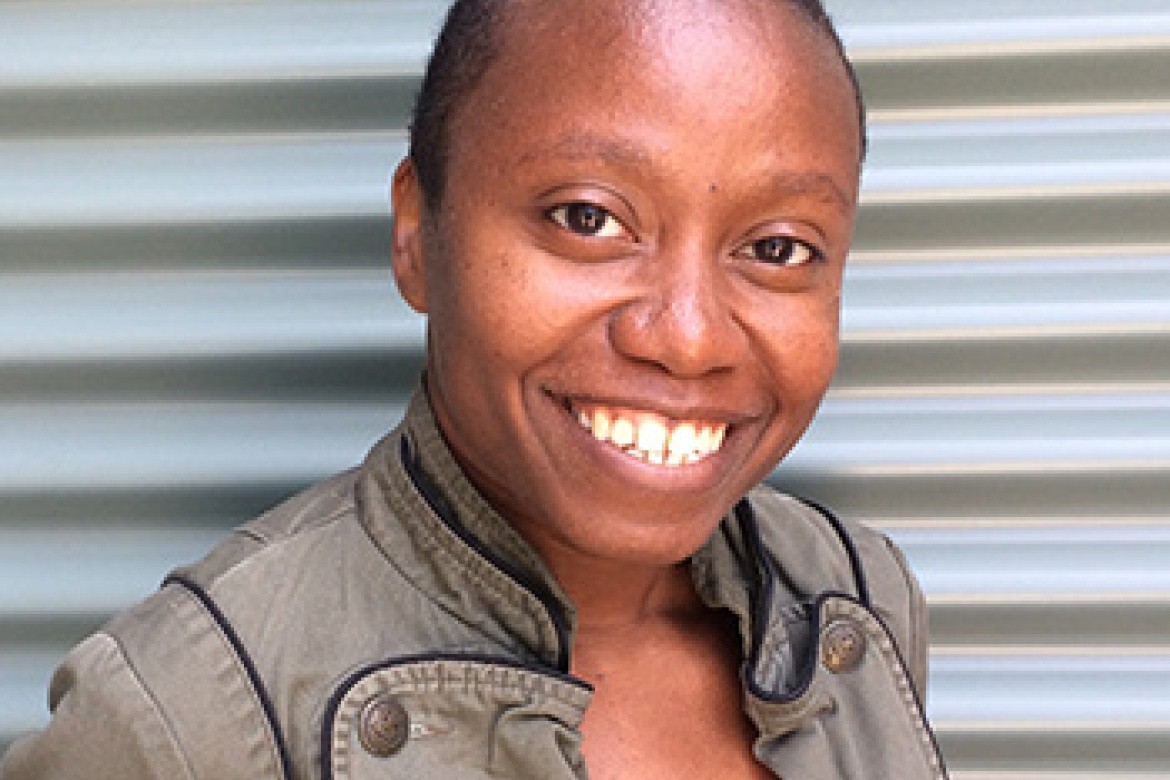Everything has a History

“If every discussion about how to communicate or understand a social issue started with a history lesson, we would all be better off.”
Major: African/African-American studies
Awards: Joseph Skinner Fellowship
Advanced Degrees: MA in History, University of Michigan-Ann Arbor
Employer: FoodCorps
When I decided to major in African-American Studies, I intended to focus on literature as my primary concentration, but from the very beginning I was equally captivated by Prof. Lynda Morgan's history lessons, assigned readings, and the power of primary documents to complicate—or sometimes completely capsize—our understanding of the past.
Two of the first readings Professor Morgan assigned in the first half of her African-American History survey series were Edmund Morgan's American Slavery, American Freedom and Barbara J. Fields’ “Slavery, Race, & Ideology in the United States of America.” These two works set the stage for two of the most valuable history lessons I’ve learned and continue to be reminded of regularly, whether I’m approaching a new job, formulating an opinion on a political issue, or binge-watching a historical drama series:
Lesson #1: Everything has a history. Every idea, every place, every debate, even the ways that we identify, categorize, and regulate ourselves has evolved and changed over time.
Lesson #2: “Progress” as an always upwardly moving phenomenon of indefinite social improvement does not exist. Instead, the course of social change is better portrayed by an ongoing series of overlapping peaks and valleys that differ over time, place, and historical subjects. Sometimes the solutions to the most pressing social problems of the day lie in the innovations of the past.
I believe that these are lessons that are valuable not only in the history classroom and academic circles, but in newsrooms, legislative assembly rooms, and nonprofit conference rooms. In fact, I think it was this belief that gave me the courage to pursue work outside of academia.
At different points in my career as a community organizer and nonprofit professional, I have used the tools and knowledge I gained as a budding historian to help frame and inspire a campaign for LGBTQ equality in Anchorage, AK and to communicate to a room full of Third Wave feminists the political value of including the complex and varied experiences of people of color, immigrants, and LGBTQ people into their understanding of what reproductive oppression and justice looks like. I believe that if every discussion about how to communicate or understand a social issue started with a history lesson, we would all be better off. We don’t need less history education. We need more of it.